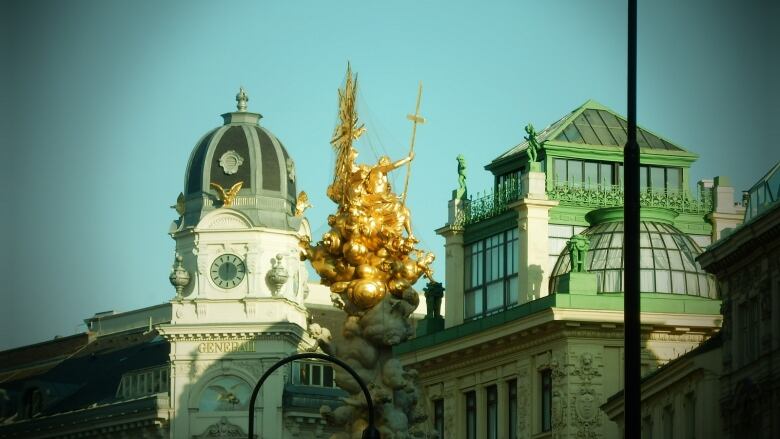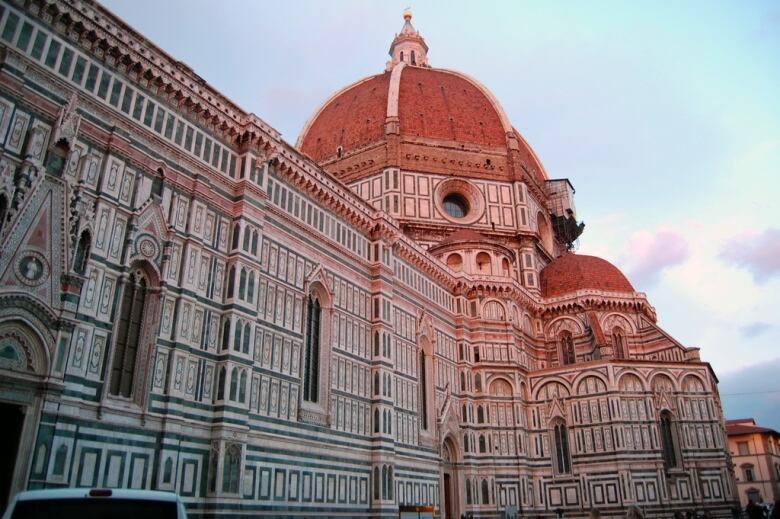Genius linked to geography more than genes, says author Eric Weiner


It's been said that genius is one per cent inspiration, and 99 per cent perspiration. But what if it's really about location, location, location?

Take the unmistakable musical genius Mozart in Vienna. He wasn't alone in what is called the city's golden age. Beethoven, Haydn and Schubert were all fruits of the same time and place as Mozart.
To author Eric Weiner, a former international correspondent for NPR, geography may be even more important than genes when it comes to producing works of genius.
The genius is not a know-it-all, they are a see-it-all.- Eric Weiner, author of The Geography of Genius
Weiner's new book is called The Geography of Genius.
Read an Excerpt: The Geography of Genius

One of the common threads for geography and genius in Weiner's findings is walking. Charles Dickens walked through London at night working on plots, Mark Twain was known as a constant pacer. Research out of Standford University found people on treadmills produced more creative ideas. Many walked to the Agora, into life and chaos, which fed the imagination.
Weiner also points to the outward orientation of Athenians. He says they didn't invent a lot, but they certainly perfected.

Renaissance Florence was rife with rivalries and feuds. Leonardo da Vinci and Michelangelo despised each other. But Florence residents appreciated competitiveness and recognized that everyone could benefit from "winning" and even "losing." That benefit included creativity.

More books were published in Calcutta, now called Kolkata, during the Bengal Renaissance than any city in the world, except London. The clash between British and Bengali culture sparked imagination in new directions. From chaos and collision comes creativity.
This segment was produced by The Current's Liz Hoath.